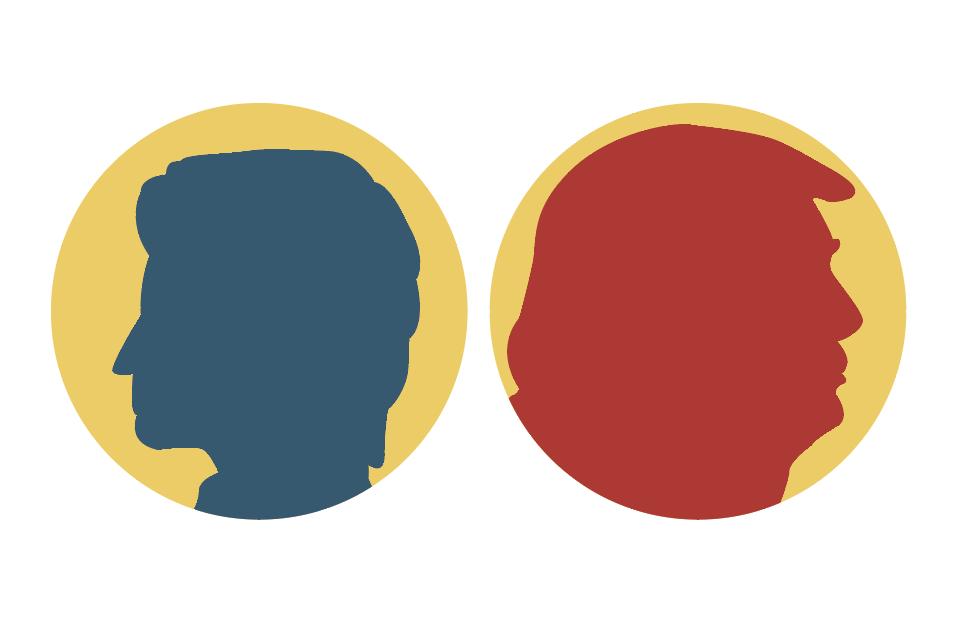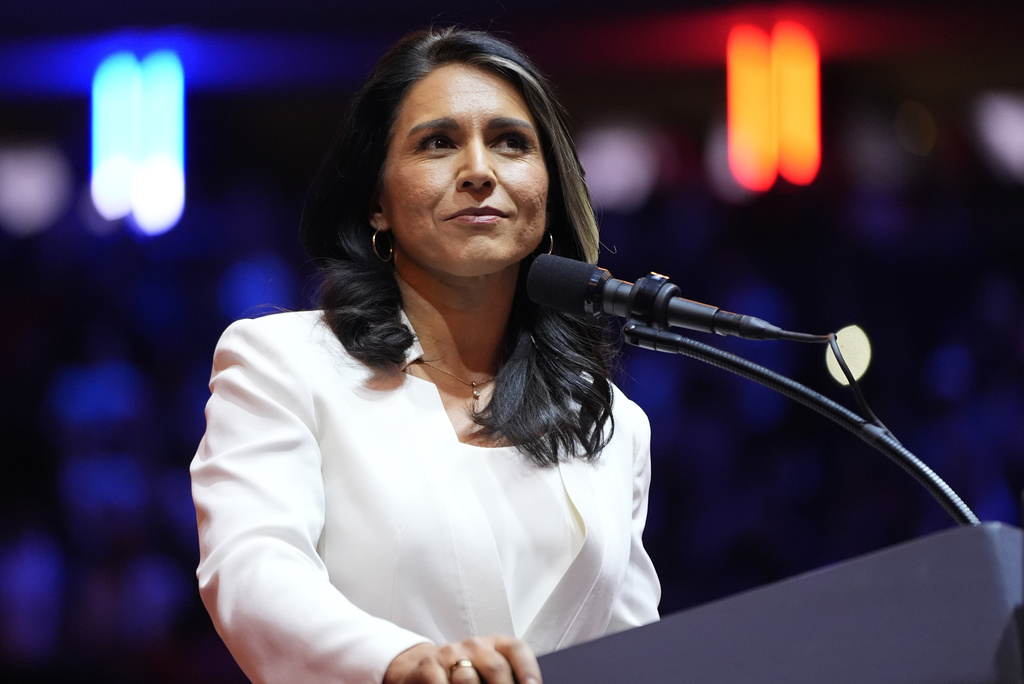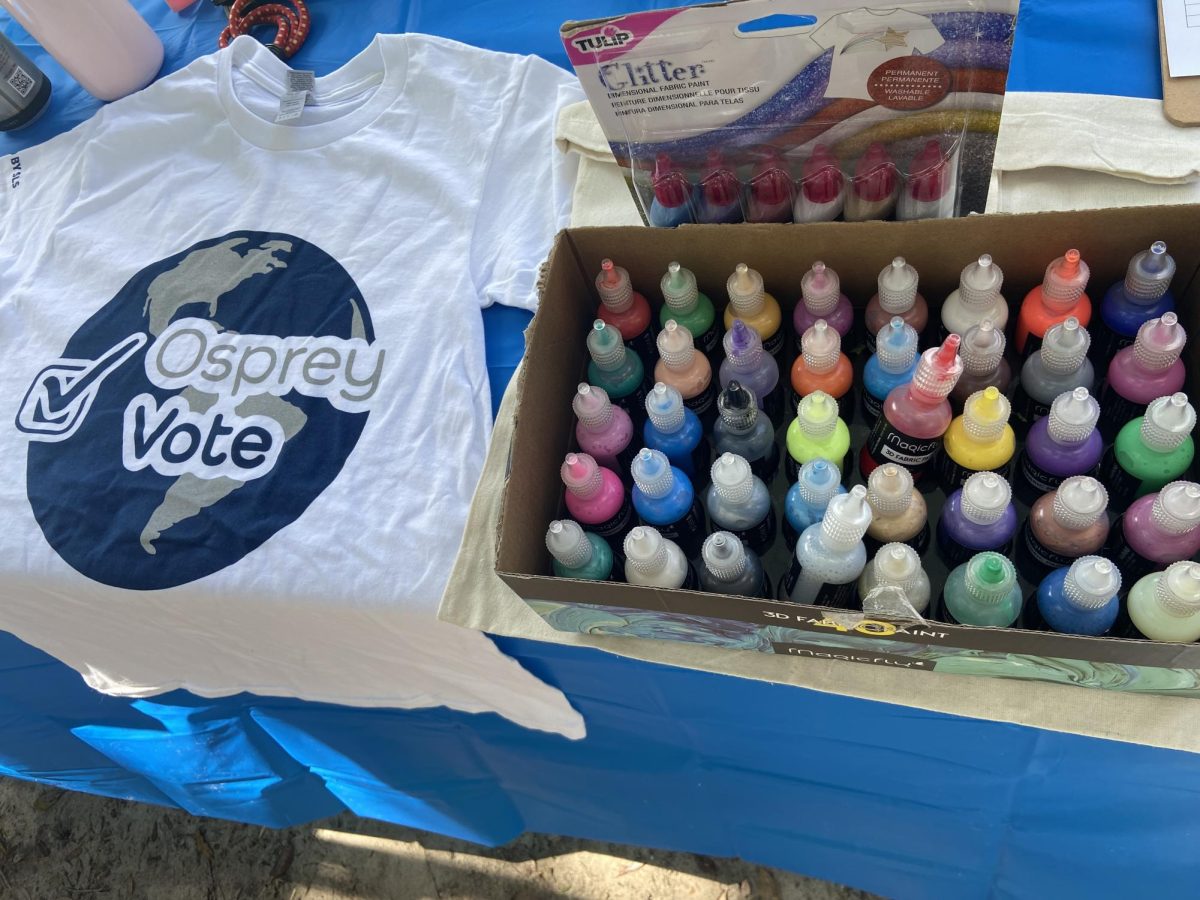
In the 2016 presidential race there is a looming double standard surrounding the candidates. It has been pointed out by Hillary Clinton surrogates and reporters alike that Donald Trump is oft graded on a curve by the media.
And while this double standard is steeped in both gender biases and Trump’s sheer lack of political experience, another double standard has emerged: the way the rich and poor are treated and talked about by the Republican Party.
It should have come as no surprise that when it was revealed by the New York Times that Trump could have avoided paying federal income taxes, because he lost nearly a billion dollars in 1995, he admitted to taking the break.
“Of course I did,” he said during the second presidential debate, in a borderline smug tone, before shifting to how lots of rich people don’t pay taxes.
And while he is correct in that many wealthy people do not pay their fair share of taxes, that doesn’t make it right for him to do so. It has become increasingly hypocritical for Trump and the Republican Party to claim a that they will stand up to those who cheat the US government and the middle class while taking no real issue with how Trump and other wealthy elites avoid paying taxes.

Many in the Trump campaign will claim that taking the 18-year tax break made him a smart businessman. And maybe it does. But in a party so concerned about how poor people receive, and spend, their money, it’s contradictory to their message that this form of tax break for the wealthy — an entitlement in itself — is not looked down upon.
The economic double standard in this race is between, as President George Bush put it, “the haves and the have nots.” Those who have money can take tax breaks, bailouts, and hide their assets offshore to little or no scandal or controversy. But when a poor person takes government assistance, many in Trump’s own party believe they should be drug tested, or better yet, not given any money at all.
This is not to say the Republican party can’t be against welfare and entitlements. Undoubtedly many Americans believe that the government does too much to help poor people, but being against welfare should be an across-the-board affair. Because while Trump lost $916 million in 1995, many Americans were struggling to rise above to poverty line, even while working multiple jobs.
As inequality grows more and more, it will become increasingly clear that fighting entitlements and welfare for the poor while ignoring loopholes for the rich will not only be a losing argument, but a bad one at that.
—
For more information or news tips, or if you see an error in this story or have any compliments or concerns, contact editor@unfspinnaker.com.












Hedwig Owl | Nov 14, 2016 at 5:03 pm
Judge Learned Hand, sometimes called the most famous judge who never reached the Supreme Court
Over and over again courts have said that there is nothing sinister in so arranging one’s affairs as to keep taxes as low as possible. Everybody does so, rich or poor; and all do right, for nobody owes any public duty to pay more than the law demands: taxes are enforced exactions, not voluntary contributions. To demand more in the name of morals is mere cant.
Commissioner v. Newman, 159 F2d 848 (1947).
bohm | Oct 21, 2016 at 2:53 am
Why is it that some people do not want to take responsibility for their decisions in life? Choose not to be a victim of society. Go to school. Get educated for the career you want to have. Learn how to budget, spend, save, invest and pass these life skills on to your children. Most people are where they are economically by the choices they made themselves. People who sacrifice their time and work hard to do well in life and provide for their family are exceptional and should not be put down for their success . Life is not about being all the same and perfectly fair. We get to choose what we want out of it and that is about as fair as it is going to get.
bohm | Oct 21, 2016 at 2:30 am
The double standard is when Hillary can get away with criminal activity, (see Wikileaks ) that no one else could get away with.